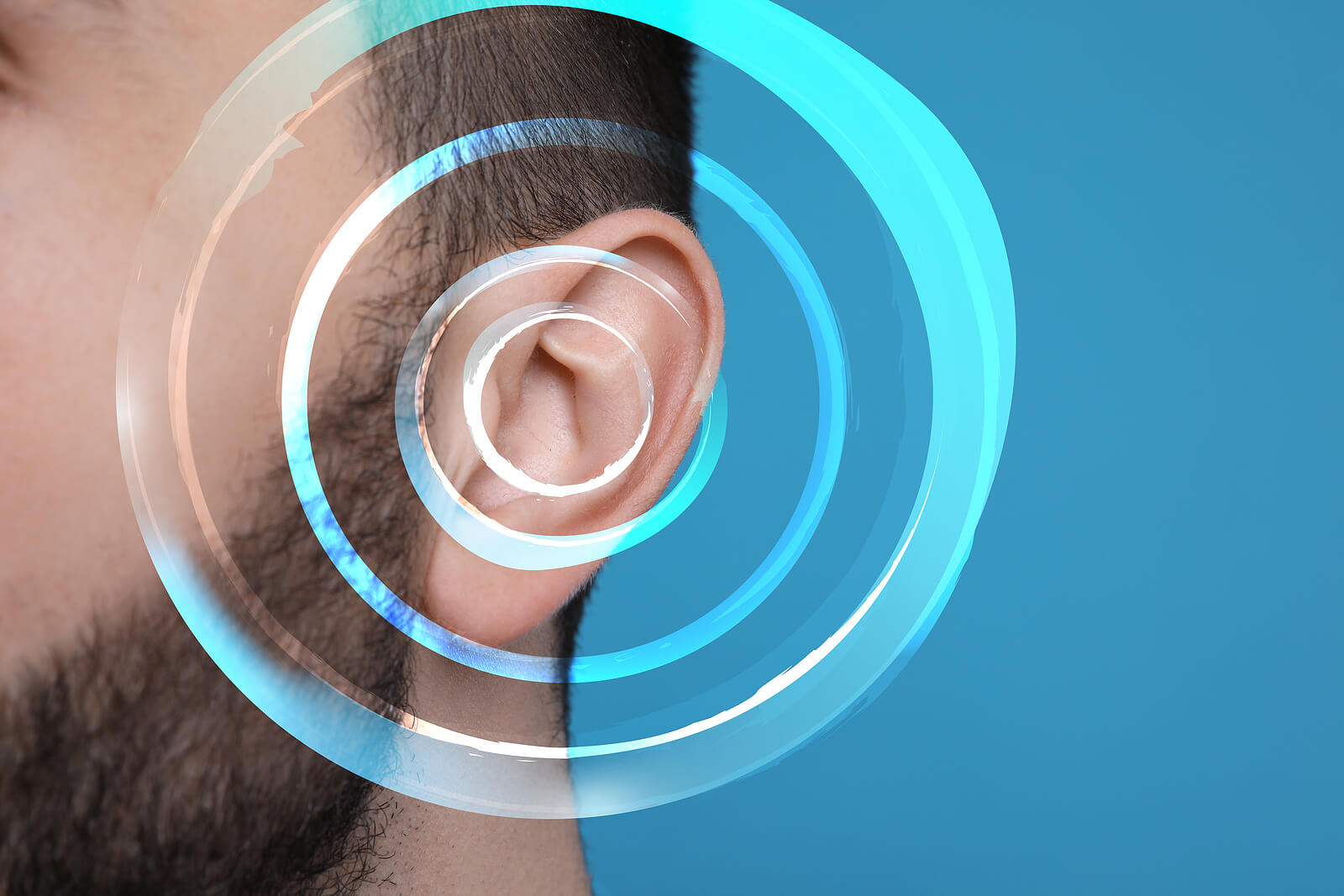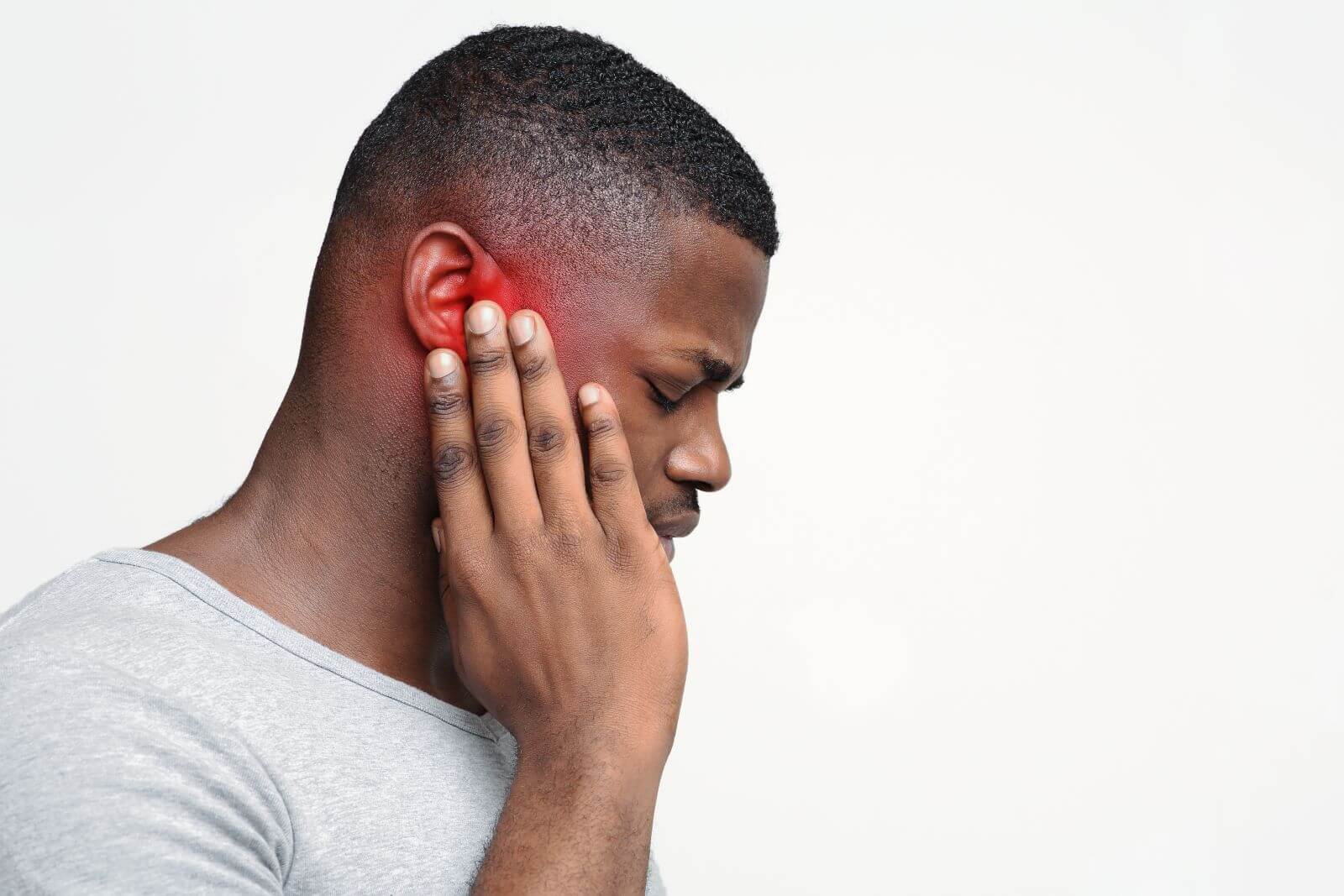Tinnitus Management


Tinnitus Treatment: Finding Relief for Ringing Ears

Symptoms of Tinnitus

What Causes Tinnitus?
Sudden Onset of Tinnitus

Tinnitus Management
Hearing Aids: If you have tinnitus, hearing aids can be a game-changer. Hearing devices enhance your ability to focus on conversations and can also minimize the disruptive ringing or buzzing of tinnitus. Many modern hearing aids incorporate tinnitus-masking features. These tinnitus management programs generate soothing white noise or background sounds calibrated to match your tinnitus. This helps tinnitus fade into the background to give you relief.
Cognitive Behavioral Therapy (CBT): Cognitive Behavioral Therapy (CBT) is an effective treatment method that can help you change your thoughts, emotions, and behaviors related to tinnitus. CBT focuses on recognizing and modifying negative thoughts, fostering coping strategies, and reducing stress and anxiety associated with the condition. Through structured sessions and exercises, individuals learn to manage their emotional responses to tinnitus, leading to improved psychological well-being.
Tinnitus Retraining Therapy (TRT): Tinnitus Retraining Therapy (TRT) is another established management technique aimed at desensitizing the brain to the internal tinnitus sounds. TRT involves sound therapy and counseling. It helps individuals habituate to the tinnitus sounds, making them less noticeable over time. The primary focus of TRT is to alter the negative emotional associations with tinnitus, promoting habituation and reducing the perceived loudness of the internal noises.
Sound Therapy for Tinnitus Relief: Sound therapy is a great tool in managing tinnitus. It uses low-level background sounds such as white noise, nature sounds, or gentle music to provide relief and make the internal tinnitus sounds less noticeable. By generating external sounds, it helps to partially or completely mask the internal ringing or buzzing, reducing its impact on daily life.
Lifestyle Adjustments for Tinnitus Management: Simple lifestyle changes can also significantly impact the perceived severity of tinnitus. Reducing caffeine and alcohol intake, adopting stress management techniques, incorporating regular exercise, and getting ample rest can contribute to reducing the perceived severity of tinnitus. Avoiding exposure to loud noises and protecting the ears in noisy environments are additional preventive measures.
Contact Us Today

Better Hearing Starting at Just $76/Month


